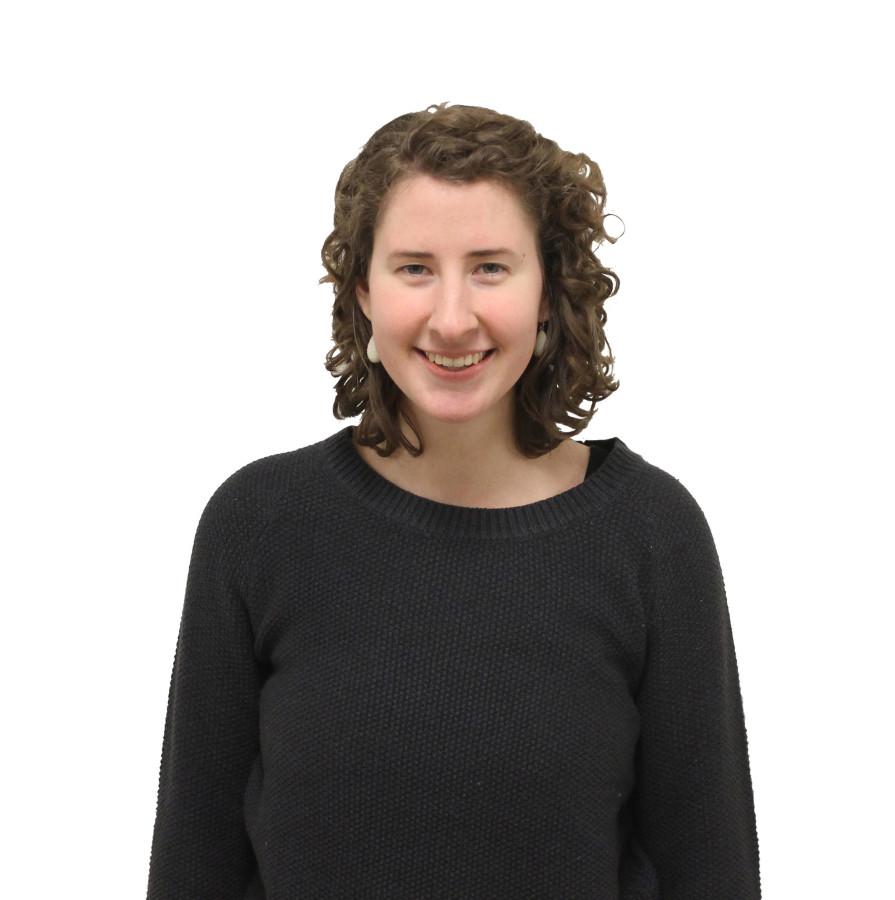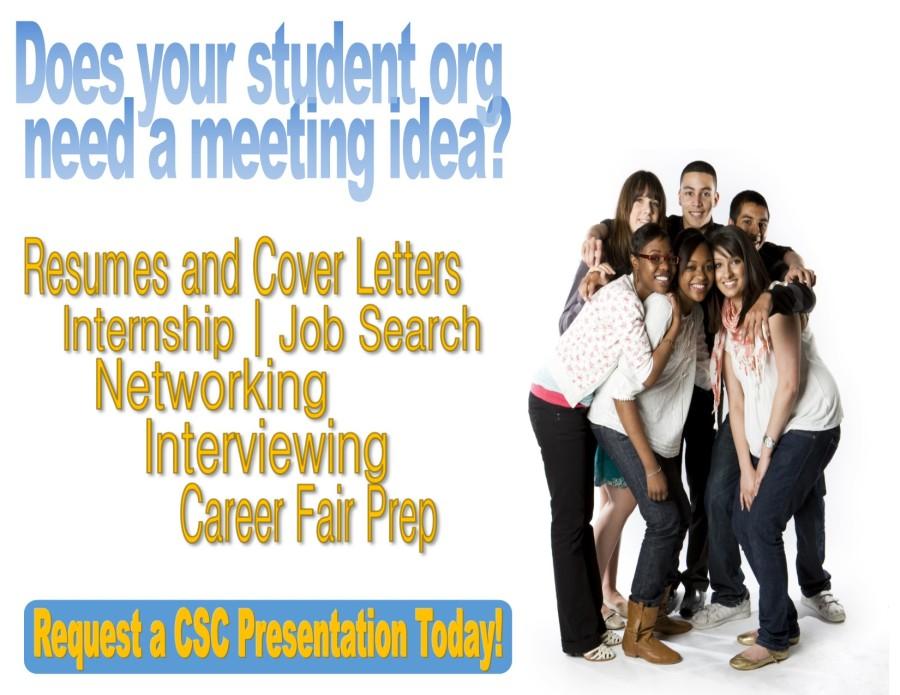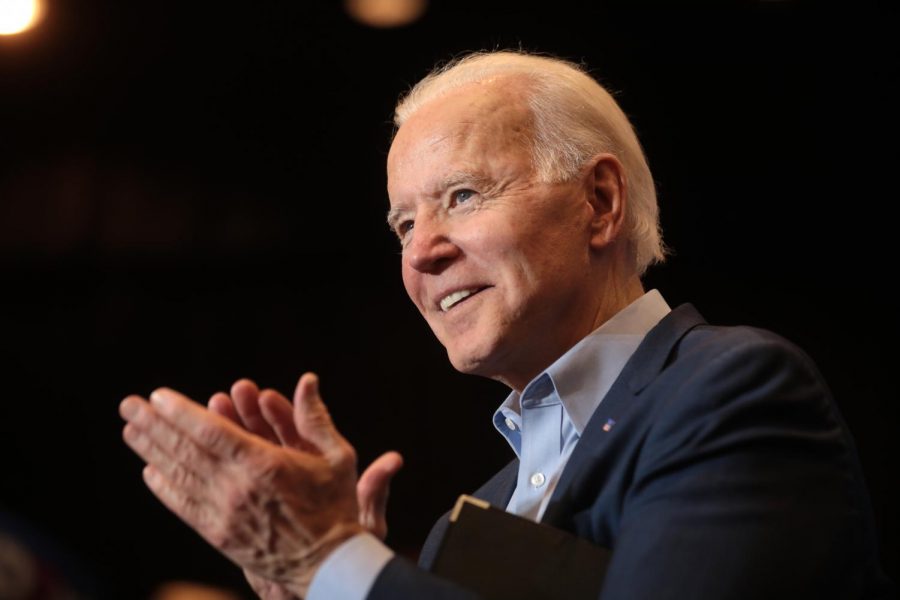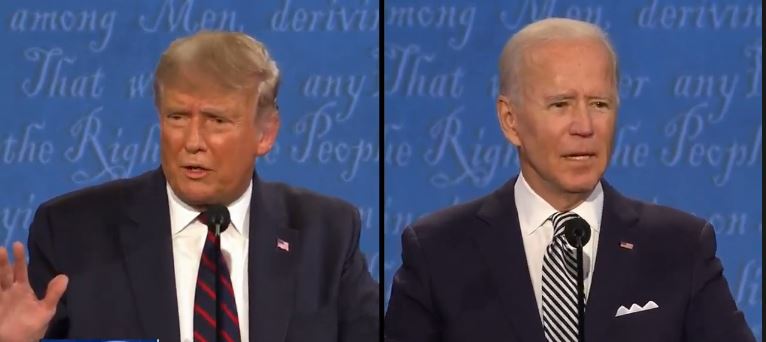Hi, I’m looking for a job and I’m interested in your company. Here’s what sets me apart.
For students graduating in December or May, who need to know how to market themselves to employers in a recovering economy, write that down.
Need a pen? Oh, that’s right, you need a job. But you’re not alone.

According to the U.S. Bureau of Labor Statistics, the national unemployment rate for August 2009 was 9.7 percent. Unemployment among workers aged 25 to 34 nearly doubled from 5.7 percent in July 2008 to 10 percent in July 2009, also according to the BLS.
With that said, students have to take advantage of any opportunity to enhance their potential for getting a job or internship. Attending Marquette’s Career Fair next week is an ideal occasion.
The largest number of companies arrives for the Non-Technical and Technical Career Fairs, 4 to 8 p.m., Sept. 23 and 24 in the Alumni Memorial Union Ballrooms. The Non-Technical Fair, Sept. 23, represents business, communication, government and non-profit fields. The Technical Fair, Sept. 24, features opportunities in engineering, computer science and informational technology.
There is also the Post-Graduate Volunteer Fair on Sept. 22, from 4 to 6 p.m. and the Health Professionals Career Fair Nov. 5 from 4 to 7:30 p.m.
[youtube]IbJ_iPU3FwA[/youtube]
How important is it to go this year? According to Marquette’s Career Services Center, there were 96 companies for the Non-Technical Fair and 111 for the Technical Fair at last year’s Career Fair.
The numbers are down in each category this year, especially for tech.
In the final guidebook of companies attending, released Sept. 15, there will be 80 companies attending the Non-Technical Fair and 51 attending the Technical Fair.
The Career Fair has still taken in $6,000 in sponsorship from five companies. Kohl’s is a Gold Level sponsor, contributing $2,000, and the four Silver Level sponsors, each contributing $1,000, are Direct Supply, PricewaterhouseCoopers, Wells Fargo Financial and Grant Thornton, LLP.
With such a drop off in the number of employers, attending the fair and separating yourself from the pack become that much more imperative. Here’s how to prepare.
Know the company
It is essential for students to know company backgrounds at the Career Fair. Be prepared for anything a potential employer has to ask.
Maryann Desaulniers, assistant director and counselor for Career Services, said there are plenty of available resources to study.
“The main thing is to research companies and do your homework first,” Desaulniers said.
She also said the list of companies is on Career Services’ Web site and a hard copy of the book goes over to the AMU’s second floor on Friday.
Matt Myers, a career counselor for Career Services, said to plan a route in the AMU and first try talking to companies where your main interest may not necessarily lie.
“You don’t want to be the guy who doesn’t have a first clue of where you’re going,” Myers said. “By not visiting your top choices right away, you can make a quick self-assessment. Once you are talking, you’re ready to go.”
Know yourself
There’s a fine line between confidence and cockiness in interviews. But it’s important to sell your individual strengths in the context of a 30-second infomercial to employers — practice it beforehand.
“Always remain positive about things, and talk about what you do have,” Myers said. “You can control what you bring to the table. If you focus on yourself, you help yourself.”
Desaulniers said professionalism is very important. She said employers want to remember students for the right reasons, not for something eccentric such as a plaid jacket or outlandish-looking resume.
Wade Krogwold is the campus community recruiting manager for Direct Supply, a company that supplies senior care equipment and services. Krogwold, who will be on campus next week and attends roughly 30 career fairs a year, said students need to showcase everything they have in this portion of the interview.
“Know your strengths, don’t just come up and say you’re a finance or a psychology major,” Krogwold said. “Majors are a general indication. Further explain what you’re good at.”
Know what you want
It’s important to go into the interview and be specific about what exactly you want to pursue. Without having a clear direction yourself, it’s difficult to imagine how an employer can provide any direction.
Desaulniers admitted following your passion will help your career choice, and dismissed the notion of “hot jobs.”
“If you hate blood, nursing is not for you,” she said. “Hot jobs don’t really matter, because it matters what you’re interested in. Internships serve such a great purpose because they help to direct your career path.”
One student searching for an internship at Marquette is Mandi Baronas, a junior in the College of Communication.
Baronas is attempting to balance work in her major, corporate communication, with her French studies and her work as a career ambassador for Career Services.
“At Career Fair, I’d be looking for something for next summer that has to deal with corporate communications,” Baronas said. “To be more marketable, I’d be prepared to highlight things that would make me a good employee for the role they are trying to fill.”
Krogwold said a student’s direction for what they want makes it easier for employers to gauge interest levels.
“Know what you’re looking for,” Krogwold said. “Exploring what employers are looking for also helps students to be more employable after graduation.”
Don’t get discouraged
By being persistent and following protocol, students can enhance themselves in the eyes of potential employers. Staying upbeat and in line with a company’s mission and core values can only help.
An example of a persistent individual is Daniel Seddiqui, a 2005 graduate of the University of Southern California, who took a rather circuitous route in his career path. Seddiqui is finishing a 50-week, 50-state tour in which he has worked 50 different jobs.
He began the cross-country job excursion after failing more than 40 interviews straight out of USC with an economics degree. While his experiment has garnered media attention in each state along the way, Seddiqui plans to pick one of those jobs full-time after his tour.
“I would do anything and everything to get your foot in the door of a company you desire,” Seddiqui said via e-mail. “Somehow show you would be an asset. If that doesn’t work then you would need to be willing to do something you never thought you’d do, even if it’s irrelevant to your field of study.”
In some cases, a company’s protocol requires resumes to only be submitted online or via e-mail. Myers, from Career Services, said employers should voice this clearly.
“Don’t be discouraged if they say they can’t take a copy of your resume,” Myers said. “Remember, they have what you want.”
Krogwold, from Direct Supply, said personal interaction can put a face to a name even if the procedure for applying is just online.
“Even if online is the method of applying, this gets your name out in the open and is a personal interaction to build off of,” Krogwold said.
Ask questions and follow-up
Conversations between employers and prospective employees require a give-and-take approach. It’s important for students to be confident and ask questions but not dominate the conversation.
“As an employer, we want to talk to people that are prepared, confident in their skills and conversational,” Krogwold said. “Have questions ready.”
Krogwold also said following up really makes an impression. On average, he said he hands out 500 business cards at a career fair. He said he gets three e-mail follow-up responses, so the ones that come back easily stick out.
Another question that comes up are the types of jobs available at Career Fair. Desaulniers, from Career Services, explained there are different hiring procedures between business and technology firms versus other fields.
“Companies in different industries recruit differently,” she said. “Business and technology companies know in advance that they have so many engineers and business people to hire.”
Desaulniers addressed the misnomer that communications companies are not actively recruited for the career fair.
“When they say, we don’t get communication organizations, it’s not that we don’t invite them. It’s just not how they hire,” she said.
Many recruiters at career fairs are able to showcase a set number of specific, well-defined positions, but communications openings tend to be much more flexible.
There is one company in the communication field attending this year’s career fair: Milwaukee Radio Alliance. The locally-owned group includes three radio stations: FM 102.1 WLUM, B93.3FM WLDB, and 1290AM WMCS.
Aaron Pulley, a Milwaukee Radio Alliance representative who will be at the fair next week, said the company generally looks for students who have shown desire to further pursue a career in any media area.
“We look for people that show good sales characteristics with an interest in the media,” Pulley said. “We’re interested in people who want to work in our promotions department through internships.”
Regardless of who’s coming, Desaulniers said there’s always hope if you do your homework.
“Our job here is to have students learn job search skills for the rest of their lives,” she said.
All told, the question you want to be answering from an employer is, “Are you interested in a position?”







